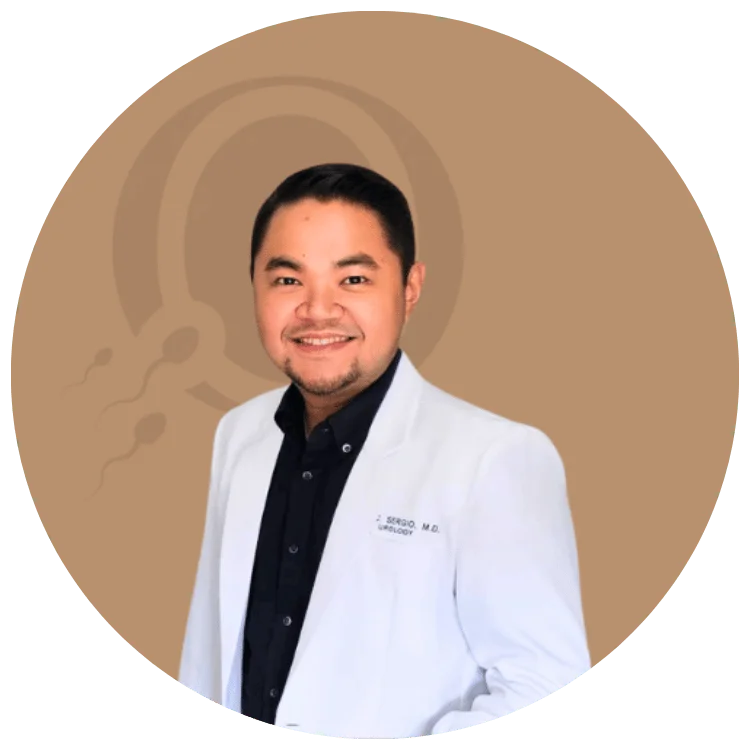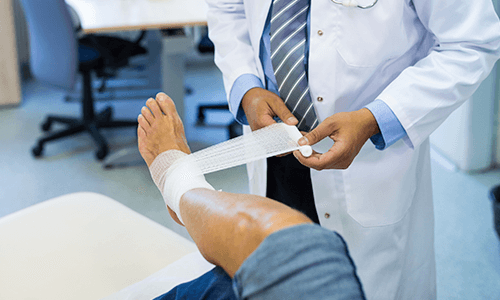Open wounds can be unsettling and, if not properly treated, may lead to serious complications. Understanding the role of an open wound doctor can help individuals make informed decisions about when to seek professional care and how to manage wounds effectively. This article will explore the types of open wounds, treatment options, prevention of complications, and answer some common questions about wound care.
Understanding Open Wounds: Types and Severity
Open wounds occur when the skin or underlying tissues are broken, exposing the body to potential infection and damage. Common types include lacerations, abrasions, punctures, and avulsions, each varying in severity and treatment needs. Lacerations are deep cuts caused by sharp objects, while abrasions involve superficial scraping of the skin. Puncture wounds, often caused by nails or animal bites, carry a higher risk of infection due to their depth and narrow opening. Avulsions are severe wounds where tissue is torn away, often requiring urgent medical intervention. The severity depends on factors like wound depth, size, location, and contamination level. Immediate attention from an open wound doctor is crucial when wounds are deep, bleeding heavily, or showing signs of infection, ensuring proper healing and minimizing risks.
The Role of an Open Wound Doctor
An open wound doctor specializes in diagnosing and treating wounds that require more than basic first aid. Their expertise includes evaluating the wound’s depth, determining infection risk, and identifying any underlying damage to muscles, nerves, or bones. These doctors use diagnostic tools such as wound swabs, imaging, and tissue assessments to tailor treatment plans. Their skills extend beyond immediate wound closure to managing healing complications like chronic wounds or infections. A timely visit to an open wound doctor reduces the chances of chronic issues and promotes better recovery outcomes. They also educate patients on wound care techniques and signs to watch for that indicate worsening conditions. Trusting a specialist ensures wounds receive the best possible care, improving healing time and quality of life.
Treatment Options Provided by Open Wound Doctors
Treatment for open wounds varies based on severity and type. Initially, cleaning and debridement are essential to remove dead tissue and contaminants, reducing infection risks. Open wound doctors may use sterile saline solutions and specialized tools for thorough cleaning. Suturing or stitching is common for deep cuts to close the wound edges and promote faster healing. In some cases, advanced wound dressings that maintain moisture balance and protect against bacteria are applied. When infections are present or likely, doctors prescribe antibiotics or topical antimicrobial creams. More complex wounds might require therapies like negative pressure wound therapy, which uses suction to encourage tissue growth and fluid removal, or skin grafts to repair large damaged areas. This broad range of treatments reflects the adaptability and expertise of open wound doctors in handling diverse wound care needs.
Preventing Complications from Open Wounds
Proper care and monitoring are vital to prevent infections and delayed healing. Signs like increased redness, swelling, warmth, or discharge around the wound should prompt immediate medical evaluation. Open wound doctors frequently monitor healing progress, adjusting treatment to prevent complications such as abscess formation or tissue necrosis. Following medical advice on dressing changes and hygiene supports faster recovery. Patients are also guided on lifestyle adjustments, such as avoiding smoking or managing blood sugar levels, which can impact wound healing. Scar prevention methods, including silicone gels or pressure therapy, might be recommended based on wound location and severity. Preventive care reduces hospital visits, accelerates healing, and improves cosmetic outcomes, making follow-up a critical component of wound management.
When to Seek Help from an Open Wound Doctor
Not every open wound requires specialist attention, but some symptoms clearly indicate when an open wound doctor’s expertise is necessary. Deep wounds that continue to bleed despite pressure, wounds caused by animal or human bites, or injuries involving foreign objects should be treated immediately. Signs of infection, including fever, pus, foul odor, or spreading redness, require prompt evaluation. Delayed healing beyond two weeks or wounds that reopen after closure also warrant professional care. For chronic conditions like diabetes, even minor wounds need regular checks by specialists to avoid serious complications. Preparing for a consultation involves bringing information on how and when the wound occurred, any previous treatments, and symptoms experienced. Early intervention from an open wound doctor can prevent minor injuries from becoming medical emergencies.
Innovations in Open Wound Care
Advances in medical technology have transformed how open wounds are treated today. New materials like hydrocolloid and foam dressings offer better protection and promote a moist environment that enhances healing. Negative pressure wound therapy devices have become more accessible, accelerating recovery for difficult wounds. Researchers are exploring regenerative medicine techniques, such as stem cell therapy, to stimulate tissue repair at the cellular level. Telemedicine also allows open wound doctors to monitor patients remotely, offering timely advice and reducing unnecessary clinic visits. Continuous education ensures doctors stay informed about the latest best practices and integrate cutting-edge treatments into their care. These innovations improve patient outcomes and reduce the long-term impact of severe wounds.
Frequently Asked Questions (FAQ)
How long does it take for an open wound to heal?
Healing time varies depending on the wound type, size, location, and individual health factors. Minor wounds may heal within days, while deeper or infected wounds can take several weeks or longer.
Can all open wounds be treated by a general practitioner?
While general practitioners handle many minor wounds, an open wound doctor is better equipped to manage complex wounds, prevent complications, and provide specialized treatments.
What are the risks of ignoring an open wound?
Ignoring an open wound increases the risk of infection, delayed healing, chronic wounds, and in severe cases, systemic illness or permanent tissue damage.
Are there home remedies that complement medical treatment?
Basic wound hygiene like cleaning with mild soap and water, keeping the wound covered, and following medical instructions support healing, but home remedies should never replace professional care for serious wounds.
How can diabetic patients protect themselves from wound complications?
Diabetics should inspect their skin regularly, maintain good blood sugar control, seek early treatment for any wounds, and consult open wound doctors for specialized management.






